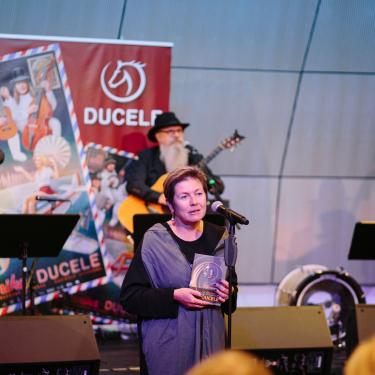

She has won numerous awards, such as the Order of the Three Stars for Services to Literature and the Baltic Assembly Prize. She published her first novel, Celebration of Life, in 1998 and has written over twenty books since. On her return to the Baltics she helped establish the Latvian Literature Centre. She studied at the University of Latvia before moving to New York. Nora Ikstena was born in 1969 in Riga, Latvia. It is eye-opening, informative and thought-provoking. This is by no means a cheery story, however, the development of the relationship between the mother and daughter lifts the gloom, in a realistic, understated way.Įach time I read a Peirene novel I’m introduced to literature I would not usually have access to. There is a detachment from the narrative due to the lack of names, but yet that too lends an intimacy to the tale.

The writing is descriptive yet paired down. Her mother, conversely, was once one of those who questioned the system but has now come to feel freedom from it will never been obtained. As she ages she comes to quietly question the norm of communist rule, seeking out renegades and those fighting the system without even realising it. There is a bleakness to the tale, one interspersed with the hope of youth, the sense of change that can be felt in the air as the younger woman grows. The prose pulls the reader into the story, transporting them to an easily imagined Soviet run Latvia.

Also like other Peirene books it is a no less effective and impacting because of its short size. This is a short novel, and like all Peirene books, one that can easily be read in a couple of hours. The story follows the mother’s battle with depression and her enforced exile to the Latvian countryside by the Government and the daughter’s struggle to show her mother reasons for living. Her narration is interspersed with that of her daughter, also unnamed. Soviet Milk follows the life of an unnamed doctor in Soviet governed Latvia. Will she and her daughter be able to return to Riga when political change begins to stir? Banished to a village in the Latvian countryside, her sense of isolation increases. She is deprived first of her professional future, then of her identity and finally of her relationship with her daughter. The central character in the story tries to follow her calling as a doctor. This novel considers the effects of Soviet rule on a single individual.


 0 kommentar(er)
0 kommentar(er)
